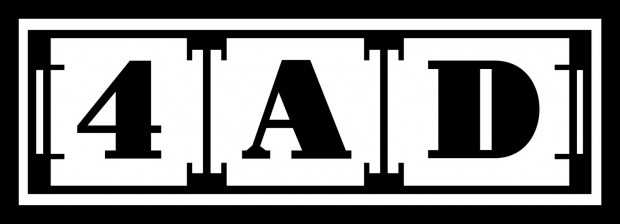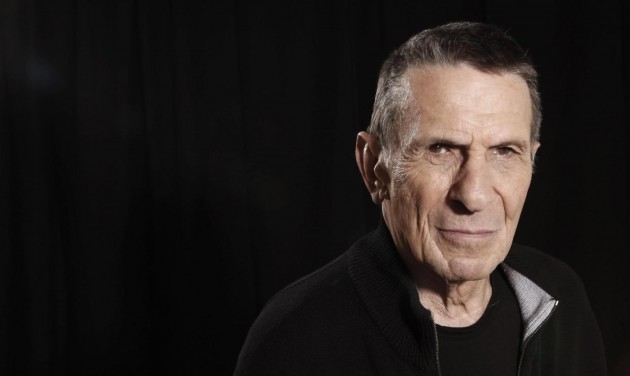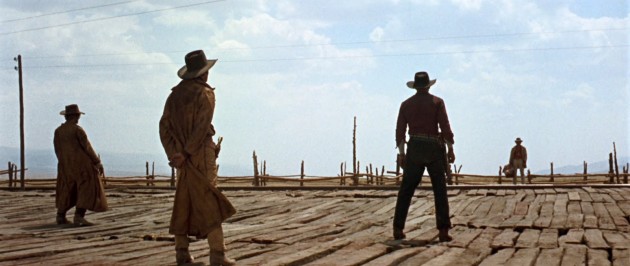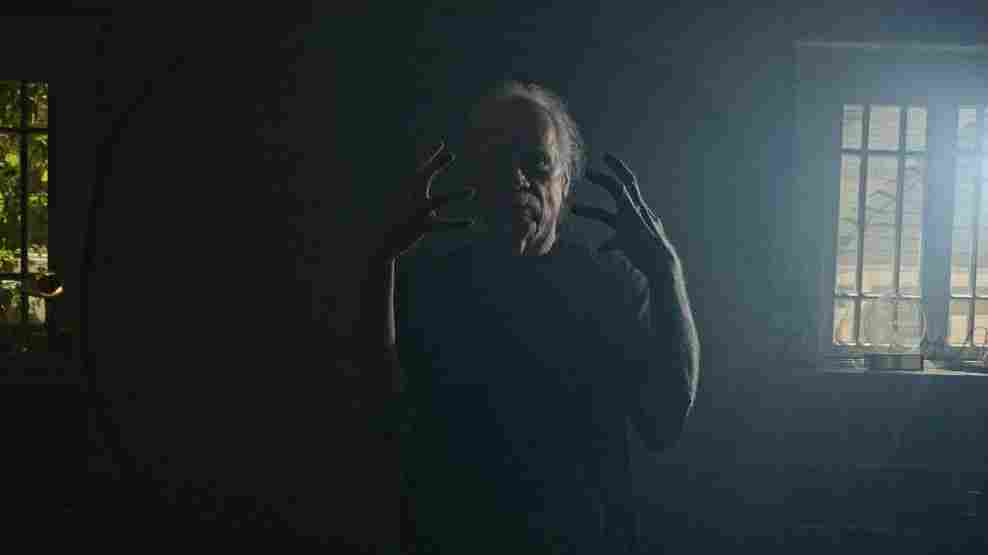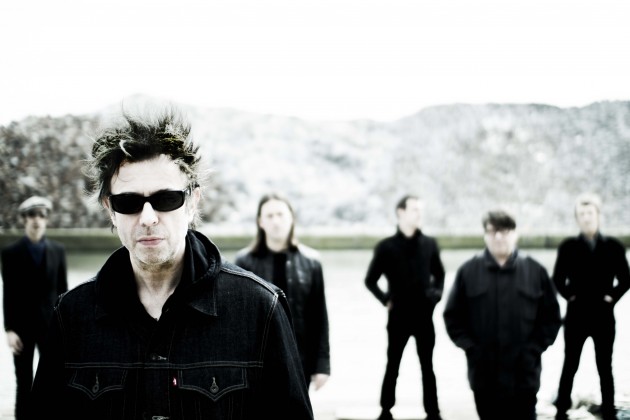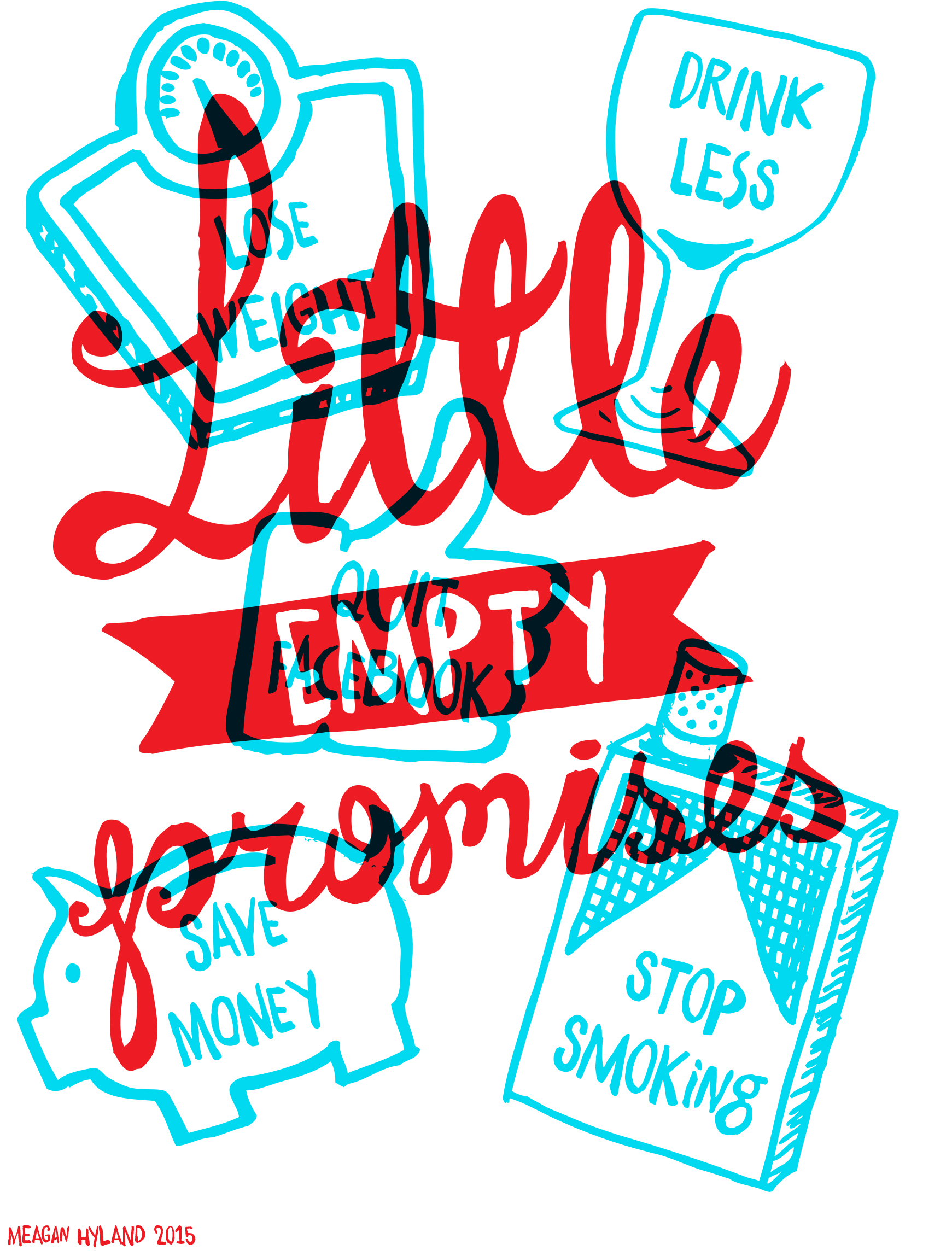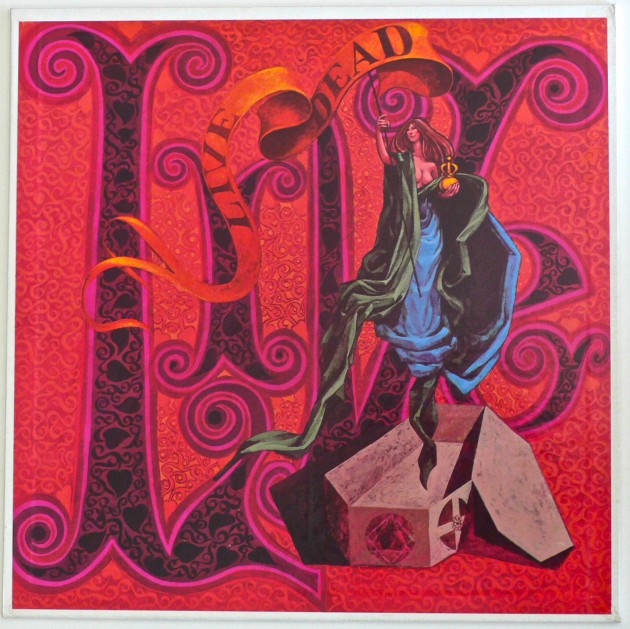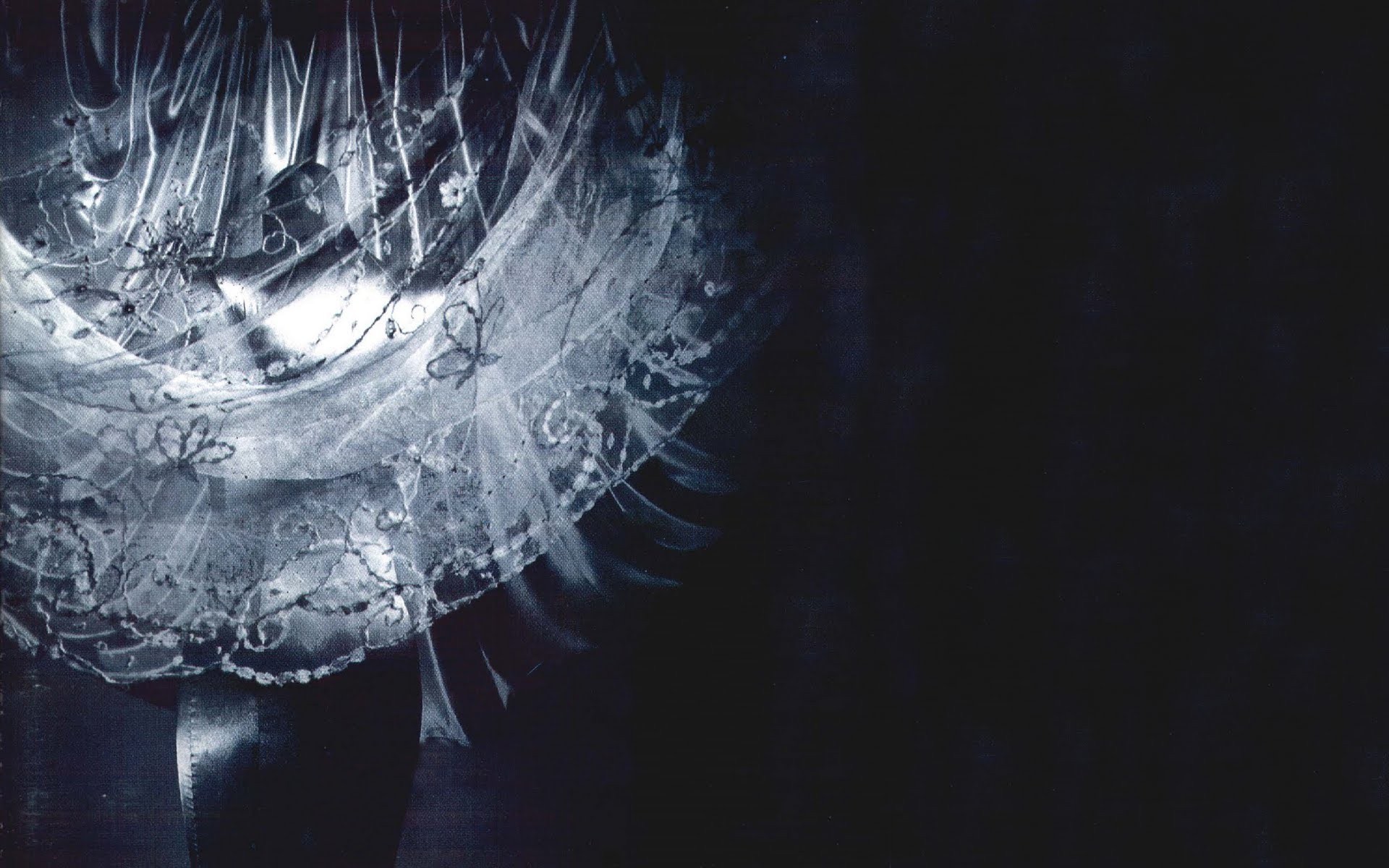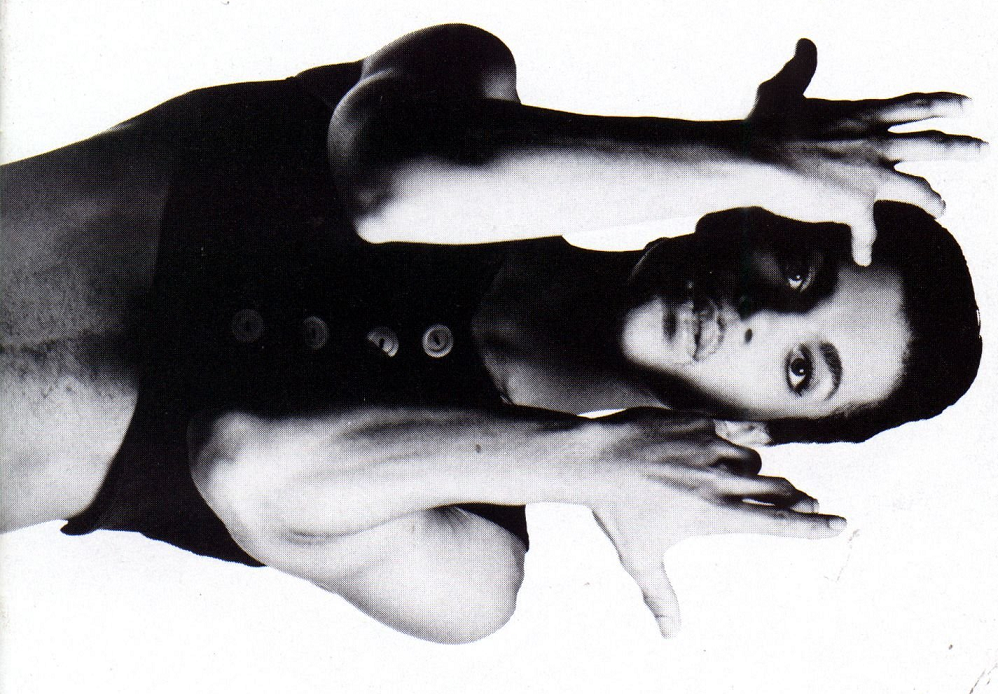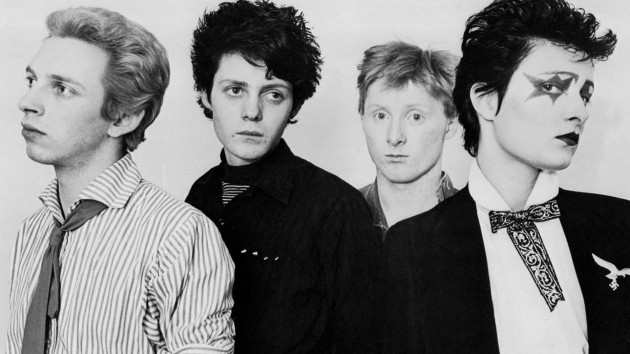A label based on aesthetic principles, 4AD has spent over 30 years being everything you think it is not. Initially founded by Ivo Watts Russell in 1980 as a vehicle to release music by bands at the centre of the nascent goth scene, the label quickly established a style and format that would lead to it becoming one of the most iconic record labels of the 80s.With records clad in immaculate Vaughn Oliver sleeves, the label originally specialised in floaty, gothic ambience, before encompassing world music, dance music, and – perhaps most significantly – the cutting edge of the US…
-
-
Leonard Nimoy’s first autobiography, published in 1975, was titled I am Not Spock, the actor having been pigeonholed to some extent as the Vulcan scientist from Star Trek. His follow up, published 20 years later, was called I am Spock. In those intervening years, the man himself had come to realise what a potent cultural symbol he had become, and seemed to have reconciled himself to it. As we look back in the aftermath of his passing, it’s certainly apparent that being Spock was no bad thing.The Boston born actor had a long, if unspectacular career in television and film before his…
-
In a film primarily concerned with death, it’s fitting that the soundtrack serves as an elegy. Graceful, portentous, and dramatic, Ennio Morricone’s score for Sergio Leone’s Once Upon a Time in the West is more or less devoid of the whoops, shrieks, and catchy electric guitar that helped both men make a name for themselves on A Fistful of Dollars in 1964, a soundtrack that became one of the most iconic and evocative of its era. But despite that, it might just be the best thing one of the 20th century’s finest composers ever put his name to. Italian director Sergio Leone had made a few…
-
Within seconds of hitting play on director John Carpenter’s first ‘real’ album, pictures start to form in your head. Kurt Russell, chewing on a cigarette, sullenly peeking out with his one eye, stubble so rugged you could grate cheese on it, and a fashion sense that is questionable, at best. There might never be another Snake Plissken movie, but when John Carpenter is behind the synth, suddenly there doesn’t need to be.In some part due to necessity, Carpenter composed the soundtracks to the vast majority of his films, working quickly and cheaply, utilising basic rock band instrumentation and heavy, primitive…
-
For one glorious moment, Echo & The Bunnymen stood on the precipice of the world, and it seemed like Mythic Glory was theirs for the taking. Then they had an extended holiday, released a commercial sell-out album, and broke up. About ten years later, they found themselves in a similar position, at the forefront of perhaps the most spectacular comeback in pop history, Doing it Clean. But what happened in the next fifteen years? “I know the reality of life, and where we are in the world. I’m not an idiot, you know,” Will Sergeant tells Steven Rainey. More than…
-
A solitary ray of sunlight cracks through the curtains, penetrating the dank grime of the post New Year’s Eve party carnage, announcing the dawning of a new age. For dramatic effect, Edvard Grieg’s Peer Gynt morning suite is playing in the background. You cast off the filth and scrum of the night before (it was a particularly heavy party, we can assume), and you stand before the sun, naked as the day you were born, sreaming in the face of the eternal, “THIS TIME WILL BE DIFFERENT! I AM THE MASTER OF MY OWN DESTINY!”At least, that’s what a lot of us plan to do, anyway.…
-
The very best music takes you to a different place, a different headspace, to the one you’re in before you hear it. And on the Grateful Dead’s masterful 1969 live album Live/Dead, they grab the listener and pull them head-first into another dimension. You don’t have to be on drugs to enjoy this, but that’s not to say they didn’t need them to create it. The psychedelic era of the late 60s is a problematic time in music history. On the one hand, it saw a generation of talented people reach deep into themselves, and begin to push at boundaries and…
-
When was the last time you heard something that sounded like it came from another world? We can often be blasé about things now, and with everything being up for grabs and accessible thanks to the ol’ information superhighway, it’s that little bit harder to find something fresh. So try and imagine what it was like when a band from the Scottish industrial town of Grangemouth arrived with something that sounded like it had fallen directly from the kingdom of heaven itself? Minds were, indeed, blown.In no uncertain terms, the first two records by the Cocteau Twins can be filed under ‘goth’. You…
-
In no uncertain terms, Prince is one of the most important musicians of the 20th century. Between 1980 and 1988 he released a series of albums that are still startling in their invention, originality, and scope. As a pop star, he remains an enigma, and as a performer he is arguably unrivalled. However, the last twenty years have not been kind to him, and as he stages another attempt at grabbing the public’s interest with the simultaneous release of Plectrumelectrum and Art Official Age, we look back at his 1986 classic Parade, and wonder, where did it all go wrong?In many respects, Parade shouldn’t work. It’s the…
-
Doing a cover version is a tricky job, with the amount of creative effort required to make it work frequently outstripping the potential rewards. But sometimes, just sometimes, the elements lock into place, and the planets align, and we’re taken to a higher level of consciousness. The BBC have been running a campaign to find the best cover versions of all time, and the Flaming Lips have just unleashed their song by song reworking of Sgt Pepper’s Lonely Hearts Club Band, but what about the ones that slipped through the cracks? This list might not be the best covers in the…

